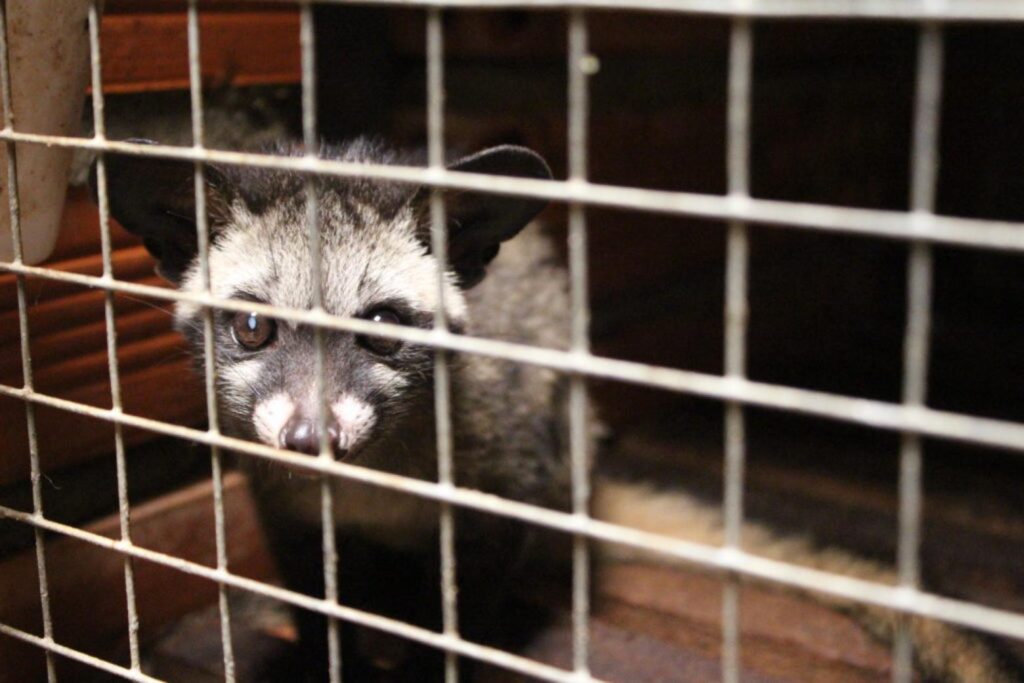
A One Health Approach to Wildlife Trade and Policy in Viet Nam
The COVID-19 pandemic, which is widely recognized as originating in a market selling live wildlife in China, has caused the deaths of millions of people and major impacts on livelihoods, society, and economies across the world. Conditions increasing risk for emergence of zoonoses from wildlife are not unique to China. They are prevalent in wild animal value chains across the globe, including in Viet Nam, where wildlife is commonly traded for meat, pets, skins, traditional medicine, and for display in private collections. Disease surveillance along wildlife trade chains in Viet Nam has increased awareness of potential public health risks, but much trade continues and the risk of zoonoses’ emergence and transmission remains. An increasing body of scientific data supports multi-sectoral coordination and an evidence-based approach to strengthening policy on illegal wildlife trade (IWT) in Viet Nam to address the risk of zoonotic spillover, with resulting co-benefits for biodiversity and human health.

